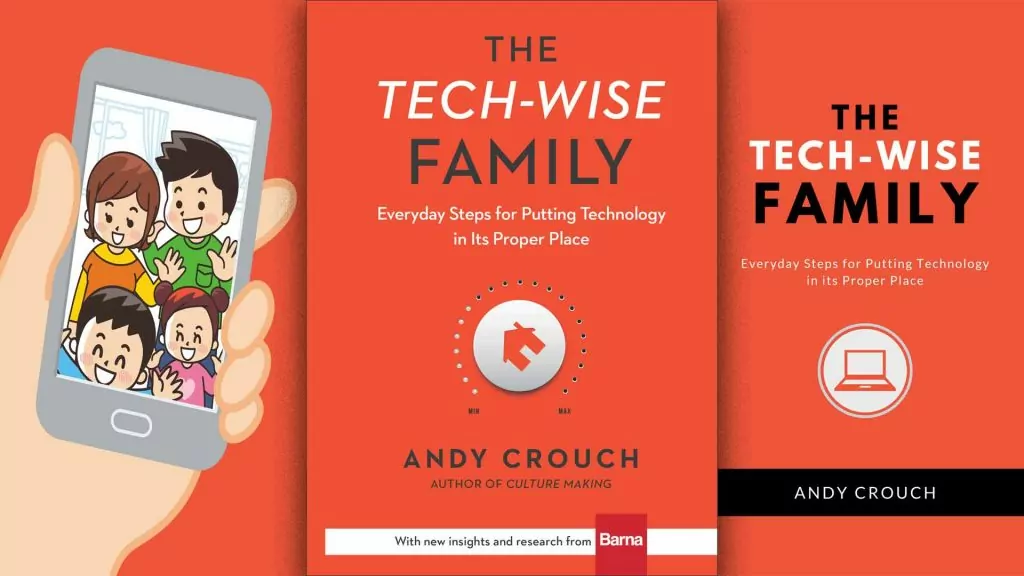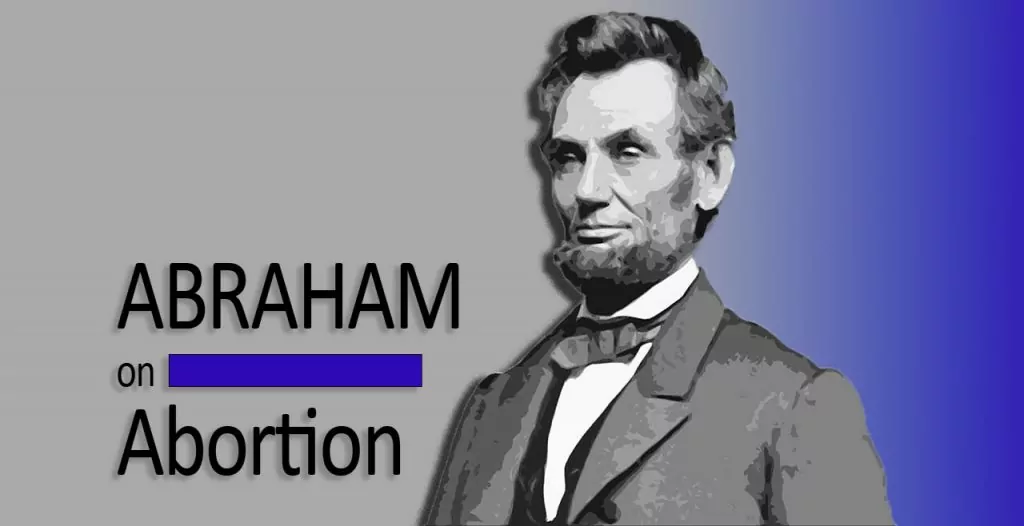8 tips for traveling with the family
My favorite travel anecdote came from Reader’s Digest years ago. An older woman felt overwhelmed while packing to go to Florida with her husband. She said, “George, I can either pack to go, or I can go but I can’t do both.” Since then, many times my husband has heard me shout out, “George?........” and known what I meant.
Family travel can be a big challenge. The worst family trip I ever took involved three non-walking, whining one-year olds, a three-year old who accidentally barfed and pee-d on the other driver, a broken heater and three flat tires. After 600 miles, I really dreaded the trip back home. But from experience comes wisdom and innovation, so as the years rolled by, we discovered ways to make the long traveling hours easier to handle. God has given us creative minds that spark with wonderful innovations, after which we wonder, “now why didn’t I think of that sooner?” Then, just as I am doing now, we share them with others who might benefit.
There are so many ways to help your family prepare for a long trip, that the instances of unpleasantness can be greatly diminished, and the firm hand only needed on occasion. Even traveling with one-year olds can be somewhat improved, though they will never understand why they have to sit still all the time.
So here are 8 ideas that will help during the travel time.
1. Beforehand, talk through the trip with your kids
A day or two before you go, talk about what the ride will be like: “We’re going to be in the car alllll day. Breakfast, lunchtime, nap time, and dinner time, and we’re even going to watch the sun go down!” Talk about how they might feel and what they will encounter, and joke about what they might be tempted to do. Emphasize the importance of getting along when in close quarters.
Talk about safety hazards like screaming children, or not heeding the call to “Silence!” when driving directions are being discussed or you’re facing the border guard. Talk about watching for traffic and not getting lost at rest stops.
Knowledge enables children to know what to expect and it gives you information to refer back to when necessary. Pray together beforehand and on the road, thanking God, and asking Him for safety, wisdom and strength.
2. Study your directions/maps ahead of time
Nothing brings up anger or harsh words between mom and dad like arguing over directions. Plan ahead – this is valuable even in an age of GPS, to think through where you want to stop, and what breaks you might want to take (are there any sights to see, or maybe a nice park to take a break in, a nice restaurant to stop for dinner?). And if there are mistakes, be forgiving and “go with the flow.” It is helpful to have maps of the area in case you end up in the middle of nowhere with NO signal! Maps are also helpful to get a real "feel" for how places are connected which you cannot see well on a tiny screen. And they are great for enhancing the kids' geographical knowledge, which you cannot quite do on a tiny screen.
Remember that children hate listening to their parents argue; if it’s necessary to “clear the air,” perhaps it can be done away from the children.
3. Make everything as special and comfortable as possible.
Choose books, toys, food and games that are unique so that the novelty will enthuse them. Our family visited a used bookstore a few weeks before each trip. Each child chose about six 50 cent books and then, to their chagrin, I packed them all away until it was time to leave! A three-year-old will enjoy a Magna Doodle, and can manage an audiobook with headphones. Played over your car stereo, audiobooks from the library are a wonderful way for the whole family, even the driver, to pass the time.
Each child can have a zippered bookbag with a coloring book and colored pencils (or markers if you trust your kids!). Add two small toys with no little pieces (one for each hand,) and a favorite stuffed friend. Some like electronic games, or maybe your car has a DVD player: be sure to choose games and films that are new to them, that keep their attention. If they aren't on screens normally, this can be a special treat.
Find some word or singing games to teach them. Be sure to play the silly ones that they suggest and enjoy. We once sang “Hey, ho, nobody home” for 20 minutes straight just to see if we could do it.
Bring small pillows for everyone, and make sure whoever is always cold has a hoodie or blanket to put over her. Carry a roll of paper towel and some plastic bags for “whatever.”
4. A parent sitting in the back can be helpful
I turned around so often while seated in the front seat that I began to wonder whether I should wear my shoulder harness across my front or my back side.
Having Mom or Dad sit in a middle or back seat can actually alleviate a lot of problems, especially with the little ones who need the physical assurance of extra kisses or holding someone’s hand. Playing games also becomes easier and more fun for the kids because Mom or Dad is involved.
It’s also easier to pass around the food to everyone and collect up all of the trash. You might rotate seats at every stop, because whoever gets a turn in the front seat will feel very special.
5. Have rules and plans
Yes, it’s hard to sit in a car all day, but that doesn’t excuse bad behavior. We still have to love one another, and put others first. The loss of privilege that comes from arguing or disobeying might include not being allowed to speak for a set amount of time.
Take charge of a simple, flexible daily plan. “Let’s sing for awhile.” “Now we’re going to listen to Prince Caspian for about an hour.” “We’re stopping at a rest stop in five minutes – everyone put away your toys and books now and get your shoes on.” “After lunch it’s naptime or quiet reading.”
Don’t forget to read God’s Word after each meal and pray. You have plenty of time for discussion or related Bible games: why not make use of it?
After two summers of driving eight or so teenagers from Philadelphia to Ontario for a "Campfire! Summer Bible Camp" I learned that everyone got rowdy late at night after the last rest stop because there were less than two hours left on the trip. The third summer I made a rule: "No talking at all after the last rest stop – you may sleep, read with the ceiling light, or listen to a walkman.” I also outlawed 32 oz. Cokes for the entire trip after some people began needing more frequent relief.
6. Eat in the vehicle as you drive
When you stop, you need to stretch and run and hug and throw a frisbee, and look at the flowers and license plates around you, not sit and eat. Eating is fun, and doing it while riding passes the time very nicely. I learned the hard way that it’s also not a good idea to eat at the rest stop and then let the kids run and roll down hills right afterwards. Enter the need for paper towels. No wonder my “mean old mother” never let us do that.
For meals, you might bake or have Mom go into a grocery store bakery to buy fresh muffins for a special breakfast. For lunch and dinner, pack favorite sandwiches and baggies of chips or fruit or cookies – a different kind for each meal. Freezing them the night before eliminates the need for a big cooler. On the other hand, the lid from a hard plastic cooler makes a great lap table for spreading fresh peanut butter and jelly sandwiches to hand around. Think about it: instead of using up more of your valuable pre-trip time making sandwiches, you could use your “nothing else to do anyway” hours stacking meat and cheese and tomato slices on buns.
7. Eight reasons to drink only water (except if the driver needs caffeine)
Water rules over juice, kool-aid, tea, and soda, and they’ll drink it if they’re thirsty. They get plenty of taste variety from their meals. Water is cheaper, healthier, not sticky, stain-free, non-caffeinated, and non-sweetened. It doesn’t speed through your system as fast as other drinks, and it can be used to wash faces, hands and seats. Each person’s bottle can be refilled at the next rest stop or from a bigger container near the parent’s seat.
8. The fantastic trip comes to an end
My children finally convinced me that if we arrive home late at night, it is best to go to bed and empty the car the next day when everyone is rested and happier. The suitcases will wait patiently. The end of the trip is already a letdown for the children, so, while they do need to help with the gargantuan task of putting everything away, it’s also good to consider their fatigue level and emotions. Have a nice breakfast, divide up the tasks, and tackle the pile.
But maybe you arrive home during the daylight hours, or maybe the car has to be emptied for Dad to go to work the next morning. It still might be best to give everyone a short break to “be happy to see their home,” perhaps coupled with a snack and a hug and a “de-briefing” session.
Later, you might put together a family newsletter with each one writing (or dictating) what happened at the cave, at Grandpa’s, or in the ocean. This helps save the memories for years to come, and it’s a nice gift for any relatives and friends you visited along the way.
Traveling together can form close bonds with shared memories. When parents plan ahead, the possibility for frustration is lessened and a good example is set....































